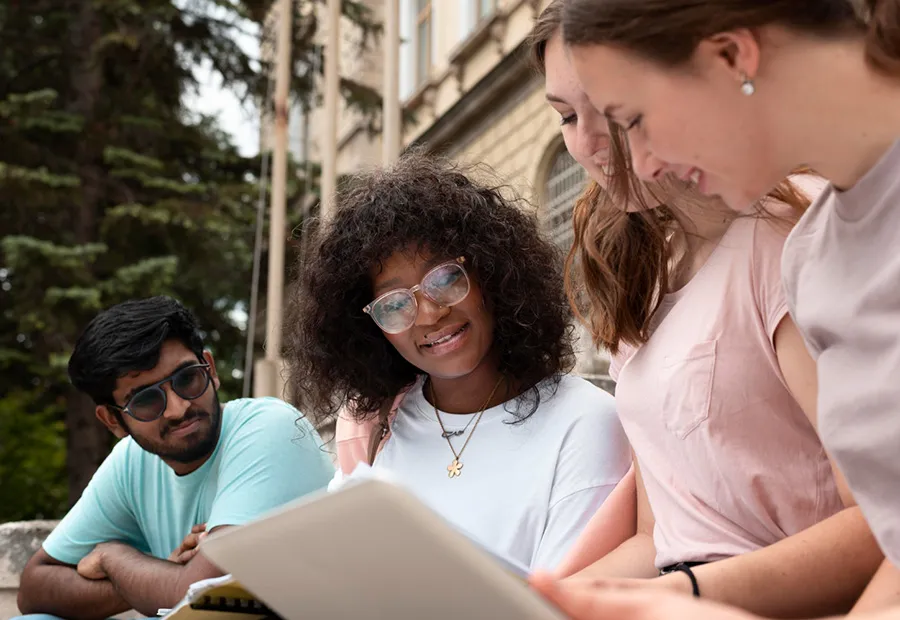NCS is no longer operational
NCS is no longer operational. This website temporarily remains live solely to provide information and signpost relevant resources.

Find Support & Opportunities
Looking for advice, opportunities, or support now that NCS is no longer running? We’ve gathered the best resources to help you develop skills, connect with your community, and prepare for the future.

Insights & Former Partners List
Access to NCS research and helpful resources for organisations can be found on our insights page. Access a list of amazing organisations we worked with, over the years, below.
Founded in 2009 and granted Royal Charter Body status in 2018, NCS (National Citizen Service) was dedicated to empowering young people as part of the Government’s National Youth Guarantee. Through residential trips, community-based projects, and online experiences, we helped young people build confidence, develop key skills, and prepare for the world of work.
Over the years, more than 800,000 young people took part in NCS experiences. Over 80% said they gained valuable skills for the future, and 70% agreed that NCS fostered respect for diversity.
While NCS Trust has now ceased operations, we are incredibly proud of the impact we made. Our website remains live for now, providing information on our legacy and the incredible experiences that shaped a generation.
Throughout our years of operation, NCS was driven by a clear vision and mission. These guiding principles shaped everything we did, helping to empower young people and create a more connected society. While NCS is no longer active, our impact lives on through the experiences of the hundreds of thousands of young people who took part.
Our vision
A country of connected, confident and caring citizens where everybody feels at home.
Our mission
To inspire generations of citizens through shared experiences that develop character and bridge social divides.

